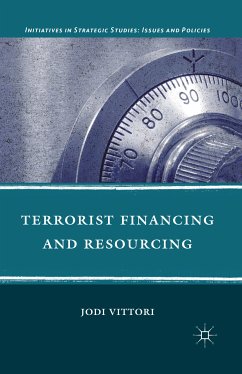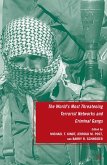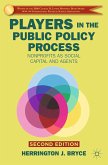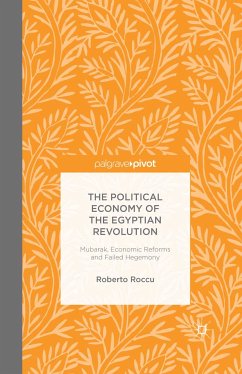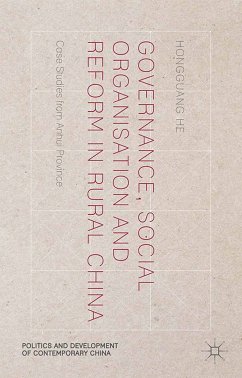Dieser Download kann aus rechtlichen Gründen nur mit Rechnungsadresse in A, B, BG, CY, CZ, D, DK, EW, E, FIN, F, GR, HR, H, IRL, I, LT, L, LR, M, NL, PL, P, R, S, SLO, SK ausgeliefert werden.
"Vittori's systematic typologies and categories help the reader to understand one of the most interesting topics today - terrorist organizations and how they work. The numerous references to specific terrorist groups are insightful and interesting. The book shows how globalization and twenty-first century business practices are shaping the evolving terrorist organizations of today. While attaining analytic rigor, the topic is fascinating for a fairly broad range of readers. A lovely addition to the field." - Jonathan Adelman, Joseph Korbel School of International Studies, University of Denver

